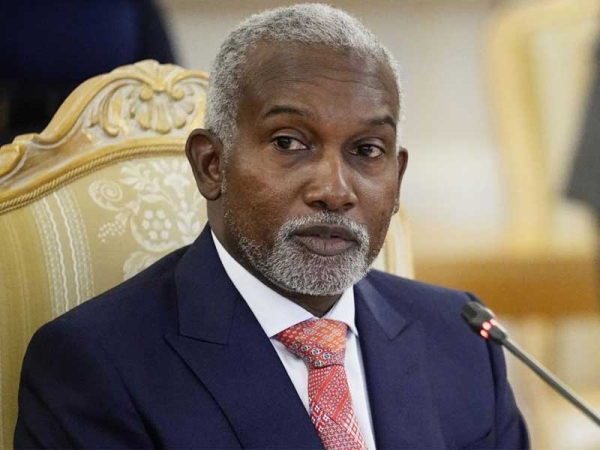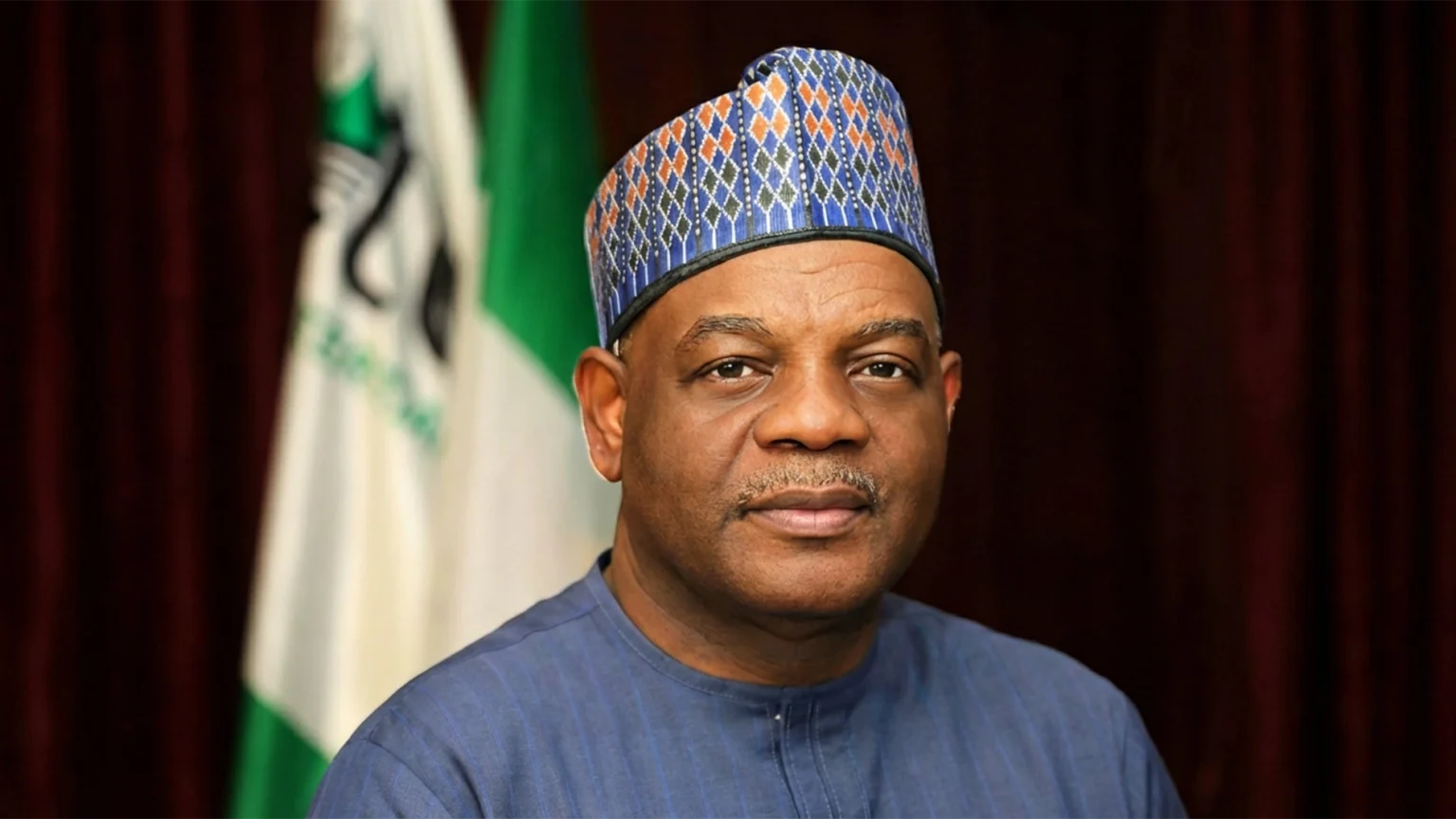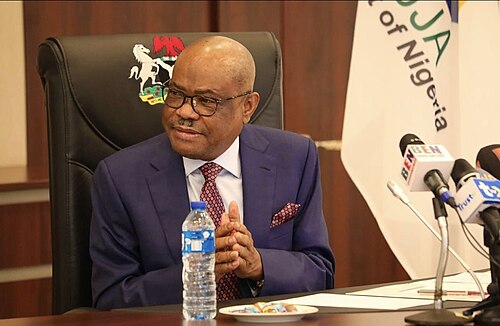The Nigerian government has firmly dismissed the idea of engaging foreign mercenaries to combat the country’s persistent security challenges, instead emphasizing local solutions, capacity-building, and strengthened partnerships with allies like China. Foreign Minister Yusuf Tuggar made this position clear during a joint press conference with his Chinese counterpart, Wang Yi, at the State House in Abuja.
Tuggar’s comments come amid renewed debates over the effectiveness of foreign involvement in Nigeria’s affairs, particularly in light of partnerships with China and France. Calls for foreign mercenaries have resurfaced following a spike in terrorist activities in the Northwest and Northeast, including the emergence of new terror groups such as Lakurawa. However, Tuggar and Chief of Defence Staff (CDS) General Christopher Musa have categorically ruled out the use of private military companies, insisting that Nigeria’s military is capable of addressing the challenges independently.
According to Tuggar, engaging private military companies, regardless of their origin, is not a sustainable or effective solution to Nigeria’s security issues. “Private military companies, no matter where they are coming from, are not the solution to tackling the country’s security challenges,” he said. Tuggar stressed that Nigeria’s security forces are fully equipped to address the situation and reiterated the need for internal collaboration to solve problems locally.
General Musa echoed this stance, expressing confidence in the Nigerian Armed Forces’ capacity to defeat terrorists and bandits. This view aligns with Nigeria’s historical role as a leader in peacekeeping and security efforts across Africa. Tuggar highlighted the country’s track record, saying, “Nigeria has consistently proved effective in leading other countries in our region, and I would even say on the continent at large, in addressing challenges to peace and security.”

The renewed calls for mercenaries come as Nigeria faces increased security threats. In one notable incident, terrorists attacked the Army Forward Operation Base (FOB) in Damboa, Borno State, killing six soldiers. In response, the military launched a swift retaliatory operation, neutralizing 46 terrorists and destroying their assets as they attempted to flee.
President Bola Ahmed Tinubu expressed deep condolences to the families of the fallen soldiers, describing their sacrifice as a cornerstone of Nigeria’s security efforts. “Their sacrifice in defending our nation will forever be honoured and remembered,” he said. Tinubu ordered an investigation into the attack and directed security agencies to intensify military operations to proactively confront terrorist threats.
The president also lauded the military’s decisive response, highlighting their capability and readiness to handle the nation’s security challenges. “This resolute action by the Army demonstrates the capability and readiness of our military to confront and defeat threats to our nation’s security,” Tinubu stated. He urged Nigerians and the media to support the military’s efforts in restoring peace and security nationwide.
Tuggar emphasized that Nigeria’s security challenges require homegrown solutions, including the domestication of military equipment production. Partnering with nations like China, he argued, would allow Nigeria to overcome the delays and regulatory hurdles associated with foreign procurement. “We want to work with countries like China in domesticating the production of military equipment, both kinetic and non-kinetic,” Tuggar said.

China’s Foreign Minister Wang Yi’s visit to Nigeria underscores the importance of the bilateral relationship between the two nations. The discussions focused on mutual interests in economic and political spheres, with agreements in sectors such as energy, communications, agriculture, finance, transportation, and infrastructure. Tuggar described China as a reliable ally and emphasized the importance of partnerships where Nigeria plays a central role in the process. “Where we have a problem is whenever Nigeria is left out of such arrangements,” he said.
Tuggar reiterated Nigeria’s leadership role in fostering peace and security across Africa. He argued that the nation’s strategic position and capacity make it a key player in addressing regional challenges. This leadership, he said, is evident in Nigeria’s history of working with global powers to tackle security issues collaboratively.
However, Tuggar also pointed out the need to guard against external interference, ensuring that solutions are driven by Nigeria and its allies. “Let us shun this idea of allowing others to come in to solve our problems for us,” he stated.
Sources




